How to Register a Brand Name
17 Apr, 2024
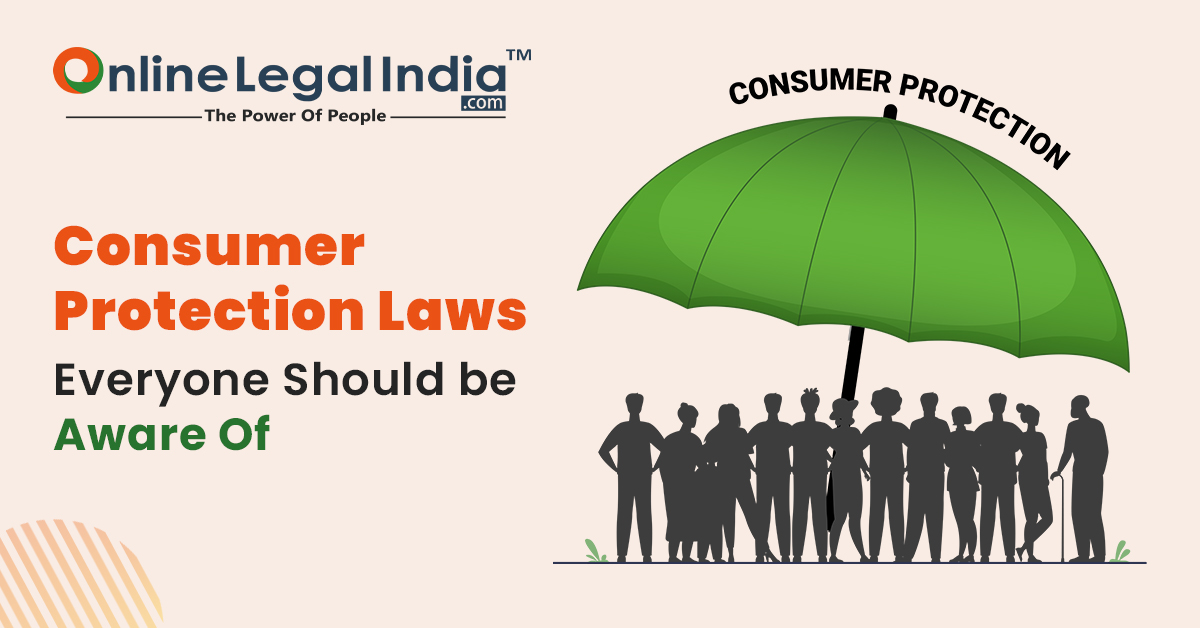
 By Online Legal India
Published On 15 Apr 2022
Updated On 23 Jan 2024
Category Consumer Complaint
By Online Legal India
Published On 15 Apr 2022
Updated On 23 Jan 2024
Category Consumer Complaint
The previous Consumer Protection Act of 1986 was replaced in 2019 in the Lok Sabha with improved and modified ways to support consumers. It came into force in July 2020. In this piece of writing, you will get the gist of the latest version of the Consumer Protection Act.
The digital age has emerged all over the world and in India too. The new era of e-commerce and digital branding is essential today. So, a new set of customer expectations needs to be fulfilled through the new Act. The digitization of companies, selling of products, payment procedures, etc. have opened new doors to businesspeople. In the meantime, consumers are also facing fraudulent cases from some unfair businesspeople. To meet the new challenges facing consumers, a new set of consumer protection acts has been formed by Mr. Ram Vilas Paswan, The Minister of Consumer Affairs, Food and Public Distribution. Thus, the bill helps get easy solutions for consumer complaints.
This is the timely and effective administration and settlement of possible consumer disputes.
Consumer Protection Act 2019 has become a law to protect the interests of consumers of all levels. With enhanced safety, consumers will get protection from defective products or dissatisfactory services. This Act also prevents unfair trade practices.
The basic aim of the rule is to establish a perfect and flawless settlement of consumer disputes. Hence, the unfair practices of the business people will be eliminated from the root. If any unfair dealings happen, the consumers will get a solution as soon as possible.
Rights of the Consumers Explained
The Consumer Protection Act 2019 is a set of acts that ensures some rights to customers. As the customers will get some rights to get protected from the fraudulent activities of the sellers or service providers, they also have to follow some rules and norms towards the sellers and service providers. So, the consumers and sellers will get some protection from these rules. You know the consumers are always not genuine in complaining about their issues. The sellers or service providers will also get some protection through this law.
Who are consumers?
A consumer is a person or a group of people who intends to purchase some goods or services for personal, family, social, household, or similar purposes.
Who are the sellers and service providers?
The sellers are the people who sell goods and products essential for the consumers. Service providers are the people who provide their service or on behalf of other service providers. In this group, the consultants, agents, directors of a business, or independent contractors are included.
Consumer Rights
For the protection of fraudulent activities by sellers or service providers, the Consumer Protection Act has been transformed into law. The most important consumer rights have been discussed here, in short.
1. Right to Safety
Before buying any goods, the customer can ask for safety and quality assurance from the seller or manufacturing company of a product. However, they have to purchase goods, which are certified by the government authorities. The product should be AGMARK or ISI-certified. Then, the customer will come under the protective law.
2. Rights to choose
Consumers must have the right to choose from so many items. They should get a wide variety of goods on show or ask for similar products that they are about to purchase. The sellers must have the patience to show the options that the customers are asking for.
At the same time, consumers have the right to choose goods at a competitive price.
3. Right to be informed
The buyers should be informed of all necessary features and other details during the selection of the product. The sellers cannot intentionally divert any consumer to a particular product. So, they have the right to get the information that they require to make informed decisions.
4. Rights to consumer education
Consumers must have the facility to be aware of the features, functionality, and use procedures as soon as they receive the product. If they do not get handling guidance, the product may be damaged or the purpose may be hampered. So, every selling authority or manufacturing company should have consumer education services as soon as the customer finds them.
5. Rights to be heard
The customer may fall into an unexpected situation with the product. The product or service might be faulty. Hence, customers should have the facility to express their grievances through forums or customer care services.
6. Rights to seek compensation
This clause allows the consumers to seek redress against unfair activities, consumer exploitations, and cruel practices. They must not face any violence, threat, or dissatisfactory incidents by the sellers.
These are the fundamental rights of the customers that they will avail of by being empowered by the law. On the other hand, consumers should also maintain some fundamental etiquette and show responsibility for the sellers or service providers.
Consumer Responsibilities
A consumer has to be mindful of the quality and safety of any product or service before purchasing. Complaining after purchasing is never expected. They should learn the pros and cons of the service or product. Otherwise, the company or seller will not be responsible for the consequences or your dislike of the service or the products.
All customers should be well aware of the product or service that they require. They should not buy the wrong product for a different purpose. They also should have independent choices for purchases.
Consumers should be fearless in speaking out their grievances and informing the sellers of what they want and what they have received.
As soon as the customers face any problem with the service or product, they have the responsibility to inform the respective company or seller so that they are aware of the product or service. If the complaint goes after the warranty period expiration, the problem
The consumers must not practice any deceptive practices towards the sellers of service providers. If these kinds of unfair practices are caught, the customers might be punished.
However, consumer awareness is always essential to understanding their rights and responsibilities when purchasing goods or services. Awareness is essential for all consumers so that they make the right decision whenever it is required during product or service purchasing.

How to Register a Brand Name
17 Apr, 2024

How Can You Download FSSAI Certificate?
15 Apr, 2024
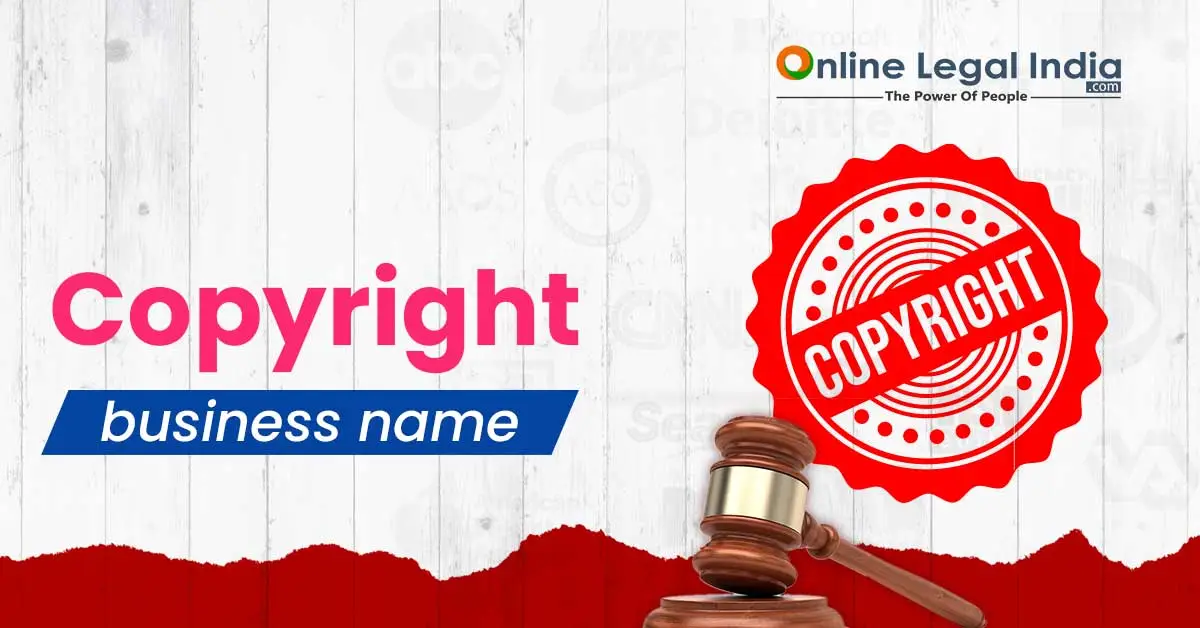
Copyright a Business Name Know the Procedure
13 Apr, 2024

Top 10 Law Firms in India
11 Apr, 2024

Top 7 Advantages of Trademark Registration
03 Apr, 2024

Consumer Complaint against Tamil Nadu Electricity Board TNEB
30 Nov, 2020
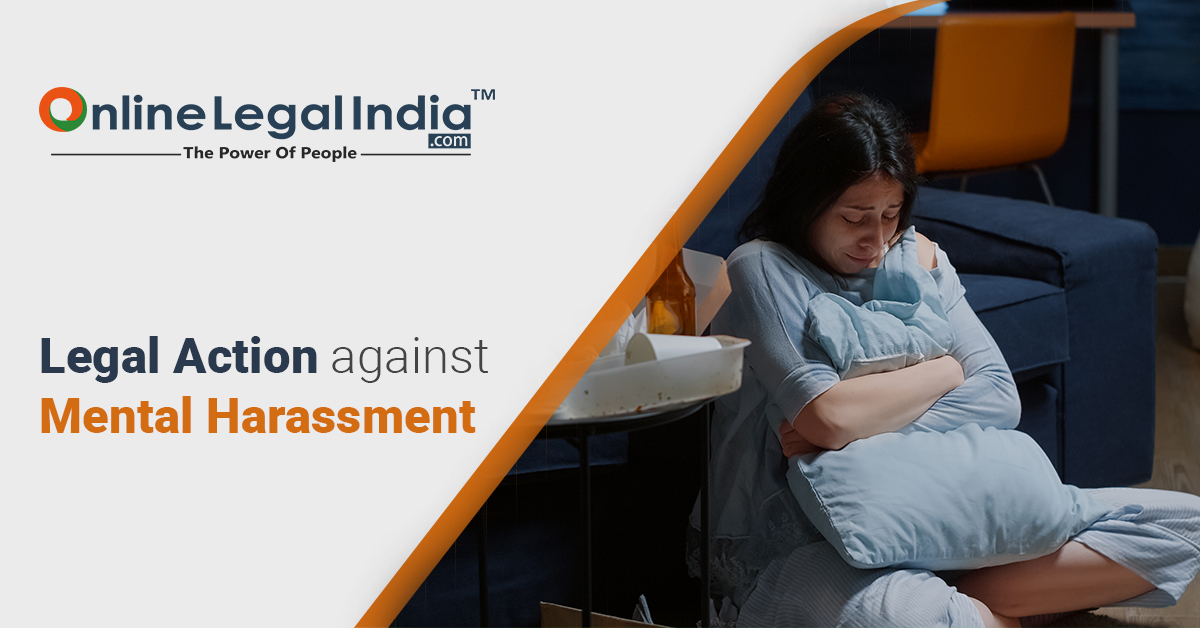
How to Take Legal Action against Mental Harassment in India?
07 Nov, 2020
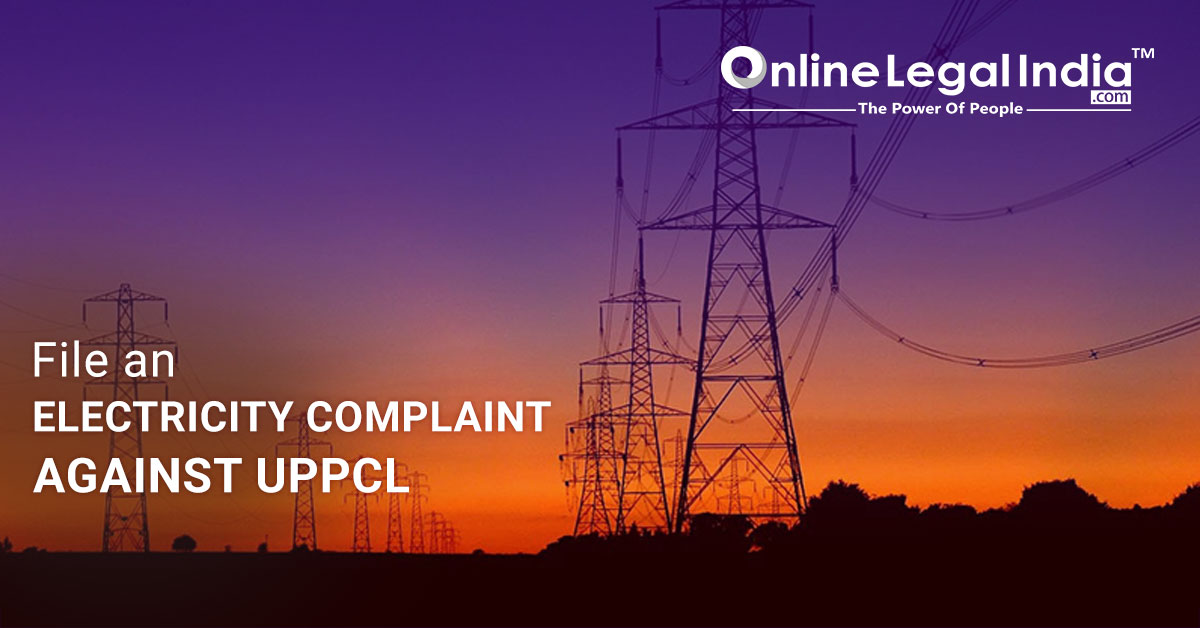
UPPCL Uttar Pradesh Power Corporation Ltd. Complaint Filing
19 Nov, 2020

How to File a Complaint Online in Consumer Court in India
27 Nov, 2020
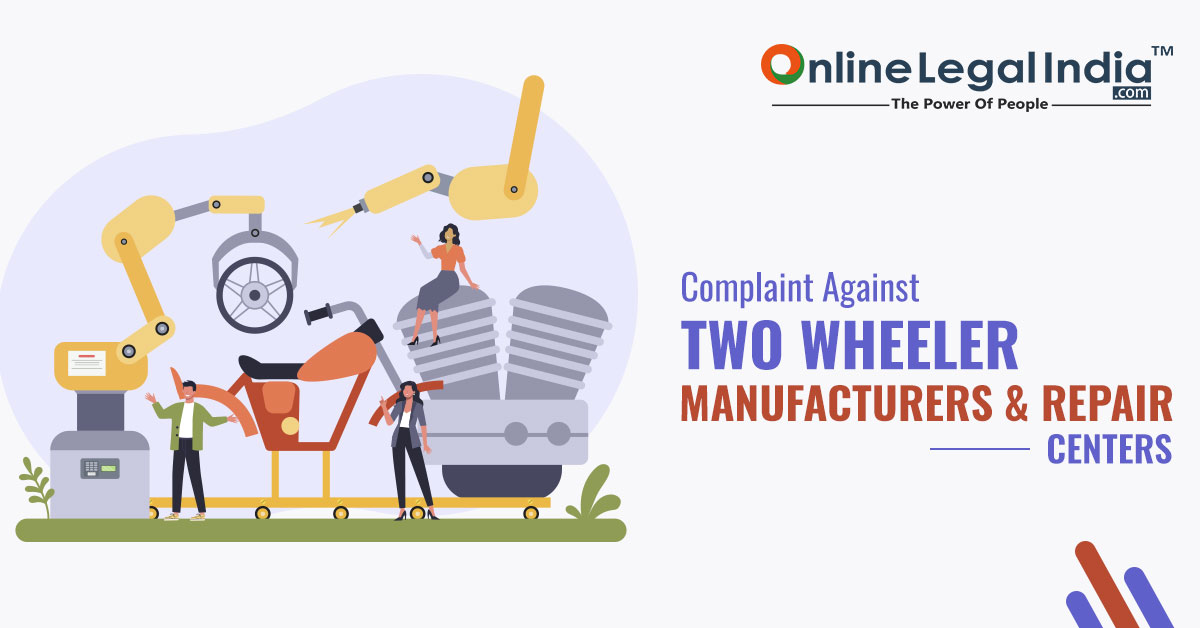
Online Complaint Filing against Hero Motocorp
04 Dec, 2020